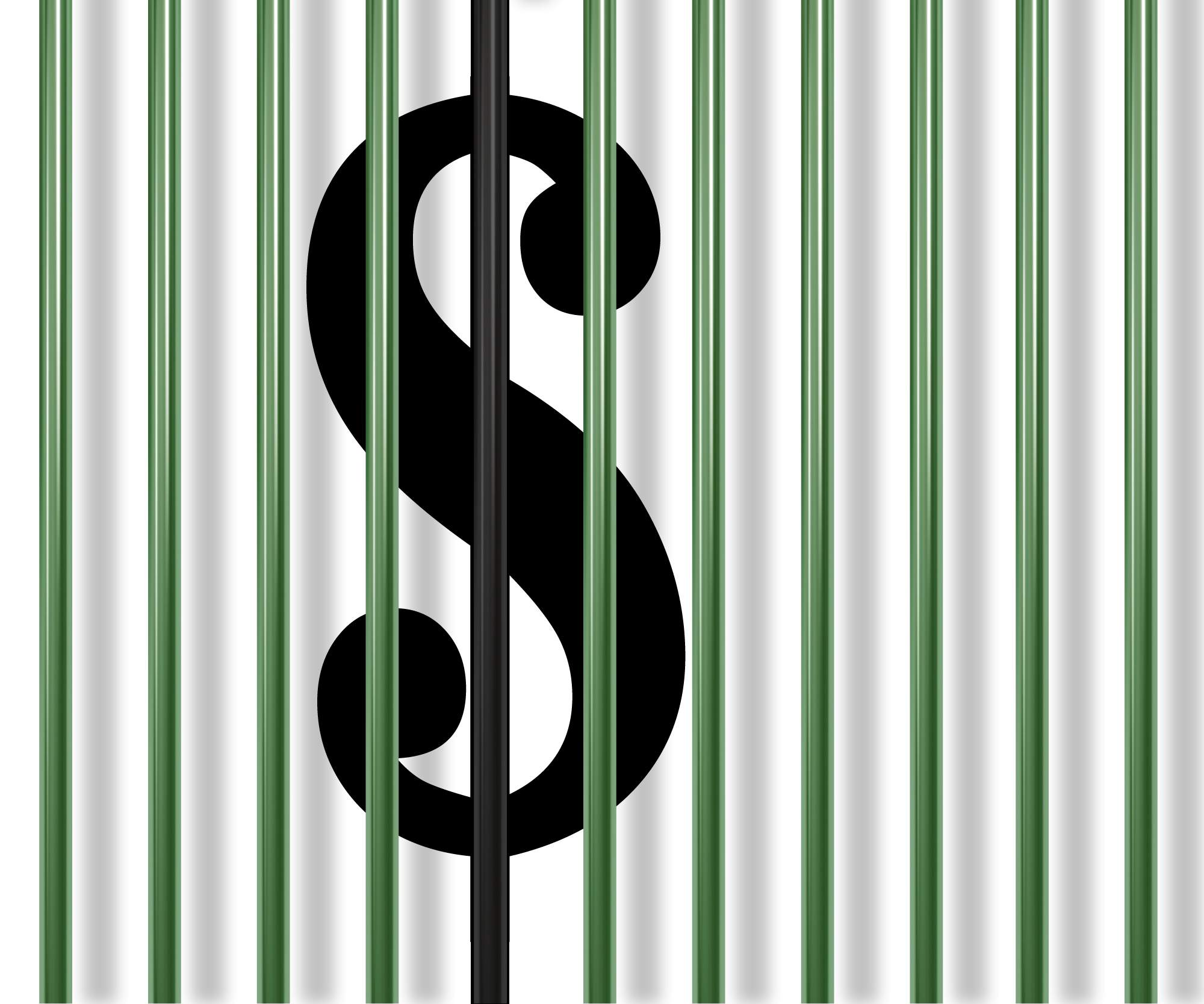If you’re confused about the news, let Larry Hartsfield, professor of English, environmental studies, and media studies at Fort Lewis College, tell you about how we’re all entitled to our own opinions – but not our own facts.
Fake news, alternative facts – what the hell?!(sighs) I think it goes back years and you could trace it to the rise of right-wing radio and figures like Rush Limbaugh. The internet contributes enormously to the growth of fake news, too. Everyone’s living in echo chambers. You’re only exposed to ideas and “facts” that support your view of things. What’s really scary is that we have, in the office of the president, someone who seems to believe in fake news, whose world is informed by conspiracy theories and whose spokespeople are putting out the idea of alternative facts. There are no alternative facts. Pat Moynihan, a senator some years ago said, “Everyone is entitled to [their] own opinion, but not [their] own facts.”
Does good information exist anymore?[Publications] that have historically been sources of good information continue to be so. Newspapers like the Washington Post, the Los Angeles Times, the New York Times. There are problems occasionally, sure. The New York Times got taken in with the Iraq War and published false information, but they work hard to make sure that what they’re presenting is accurate and fact-based.
As someone who teaches this stuff, what consumption strategies do you employ?One of the things that I do is I try to read a number of sources every day. And that includes conservative sites. I read the New York Times, the Washington Post, and catch up with the Atlantic Monthly every day. But I also listen to Fox News to see what they’re saying – and they’re not always inaccurate. I also try to at least touch base with CNN and something on the progressive side like MSNBC. But you have to be willing to evaluate the information that you’re getting from these sources.
When you say “evaluate”–One of the first things to do is to try to become aware of your own biases. When you approach a news story, ask yourself, “Does this confirm something that I already believe? Should I find something that’s going to challenge my viewpoint?” Try to explore that alternative to see if there is at least a grain of truth in it. See if there are sources for the story. Are they reputable sources? What sort of experience does the writer have? Is the writer reputable? Which think tank are they associated with? A simple way to start is to go to something like snopes.com. politifact.com is another one.
What about identifying biases?When you read a story and say, “I agree with that,” ask yourself why. It’s a tough question. There has to be a lot of self-examination. Most of us know whether we’re conservative or progressive. The main thing is trying to be aware of your way of looking at the world and recognizing that other ways of looking at it are also valid. That there might be competing visions of the good- not competing visions of the facts- competing visions of the good. If you’re willing to accept the so-called “alternative facts”, then you know immediately that you’re in an echo chamber and your biases are being supported.
Where do our biases come from?There’s been some really interesting work done over the last few years about what differentiates a liberal brain and a progressive brain. How some people are drawn to a more controlled world and some are drawn toward an open-ended world. One toward possibility and one toward closure. The primary things would be education, family background, religious background. The great majority of people vote the party their parents did. It’s worth exploring why you’re a Republican or a Democrat and how those things came to be. It also clearly comes from what we expose ourselves to – and there’s that reinforcement quality, that echo chamber. If we’re only watching or listening to one kind of thing, we’re probably not going to be aware of our biases.
How can I become a better critical consumer of news?Even if you do nothing but watch television and listen to the radio, make sure that you’re getting news from more than one source. Be willing – force yourself – to be exposed to information sources that you would [look] to. I am not a typical member of the Fox audience, but I watch it because I want to know what’s being said. Someone who’s conservative might watch a few episodes of Lawrence O’Donnell or Rachel Maddow on MSNBC. Don’t just listen to the progressive radio stations where you hear everything that you want to hear, listen to the conservative stations as well. [And remember], media is driven by profit. It doesn’t have a liberal or conservative bias – the media has a corporate bias and it will cover whatever will make it money. So if you’re questioning why Donald Trump got so much free exposure, it’s because he was a money-maker for them. If you wonder why the media seemed to be cheerleaders for President Bush and the war in Iraq, it’s because it made them money.
Cyle Talley misses Bedhead Coffeehouse something fierce. If there’s something you’d like to GET SMART about, email him at: [email protected]













